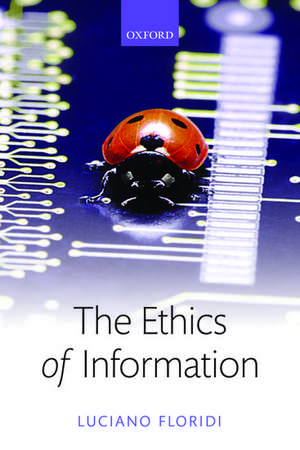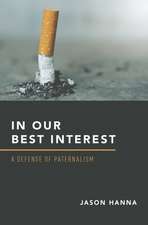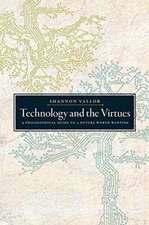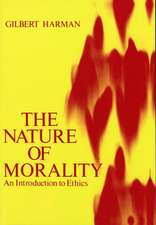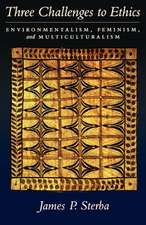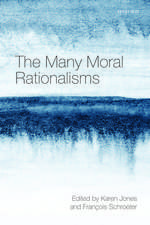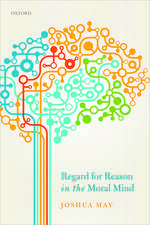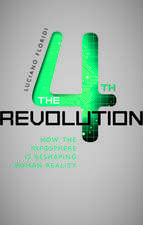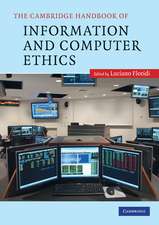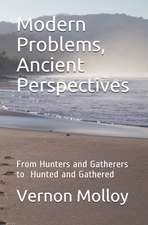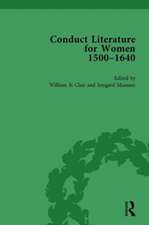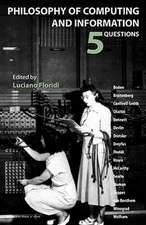The Ethics of Information
Autor Luciano Floridien Limba Engleză Paperback – 8 oct 2015
| Toate formatele și edițiile | Preț | Express |
|---|---|---|
| Paperback (1) | 249.20 lei 31-37 zile | +84.62 lei 7-13 zile |
| OUP OXFORD – 8 oct 2015 | 249.20 lei 31-37 zile | +84.62 lei 7-13 zile |
| Hardback (1) | 508.62 lei 31-37 zile | |
| Oxford University Press – 10 oct 2013 | 508.62 lei 31-37 zile |
Preț: 249.20 lei
Preț vechi: 307.65 lei
-19% Nou
Puncte Express: 374
Preț estimativ în valută:
47.68€ • 49.92$ • 39.46£
47.68€ • 49.92$ • 39.46£
Carte tipărită la comandă
Livrare economică 25-31 martie
Livrare express 01-07 martie pentru 94.61 lei
Preluare comenzi: 021 569.72.76
Specificații
ISBN-13: 9780198748052
ISBN-10: 0198748051
Pagini: 384
Dimensiuni: 157 x 232 x 21 mm
Greutate: 0.54 kg
Editura: OUP OXFORD
Colecția OUP Oxford
Locul publicării:Oxford, United Kingdom
ISBN-10: 0198748051
Pagini: 384
Dimensiuni: 157 x 232 x 21 mm
Greutate: 0.54 kg
Editura: OUP OXFORD
Colecția OUP Oxford
Locul publicării:Oxford, United Kingdom
Recenzii
In this groundbreaking work, Luciano Floridi builds the foundations of Information Ethics (IE) by arguing that an informational interpretation of reality is required due to our increased reliance on information and communication technologies (ICTs) for our well-being and success.
Floridi's book challenges standard ethics. In standard ethics, life has priority in moral evaluation. However, in Floridi's Information Ethics, information systems are equal in moral value to living systems. Floridi develops his Ethics as part of a new ontological theory of the Infosphere.
Floridi's book challenges standard ethics. In standard ethics, life has priority in moral evaluation. However, in Floridi's Information Ethics, information systems are equal in moral value to living systems. Floridi develops his Ethics as part of a new ontological theory of the Infosphere.
Notă biografică
Luciano Floridi is Professor of Philosophy and Ethics of Information at the University of Oxford, where he is also the Director of Reasearch and Senior Research Fellow of the Oxford Internet Institute, Governing Body Fellow of St Cross College, Distinguished Research Fellow of the Uehiro Centre for Practical Ethics, Faculty of Philosophy, and Research Associate and Fellow in Information Policy of the Department of Computer Science. He is also Adjunct Professor ("Distinguished Scholar in Residence") of the Department of Economics, American University, Washington D. C. Among his recognitions, he is recipient of the APA's Barwise Prize, AISB Fellowship, the IACAP's Covey Award, and the INSEIT's Weizenbaum Award. His other books include The Philosophy of Information (OUP, 2011), Information: A Very Short Introduction (OUP, 2010), and The Fourth Revolution (OUP, 2014).
